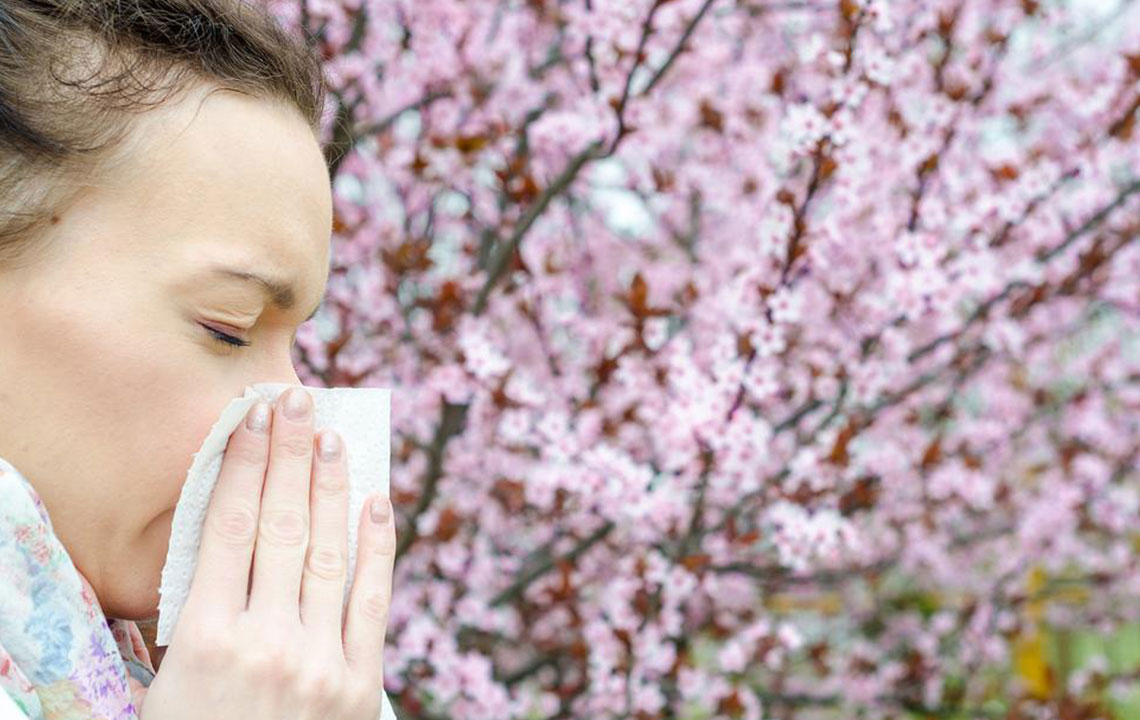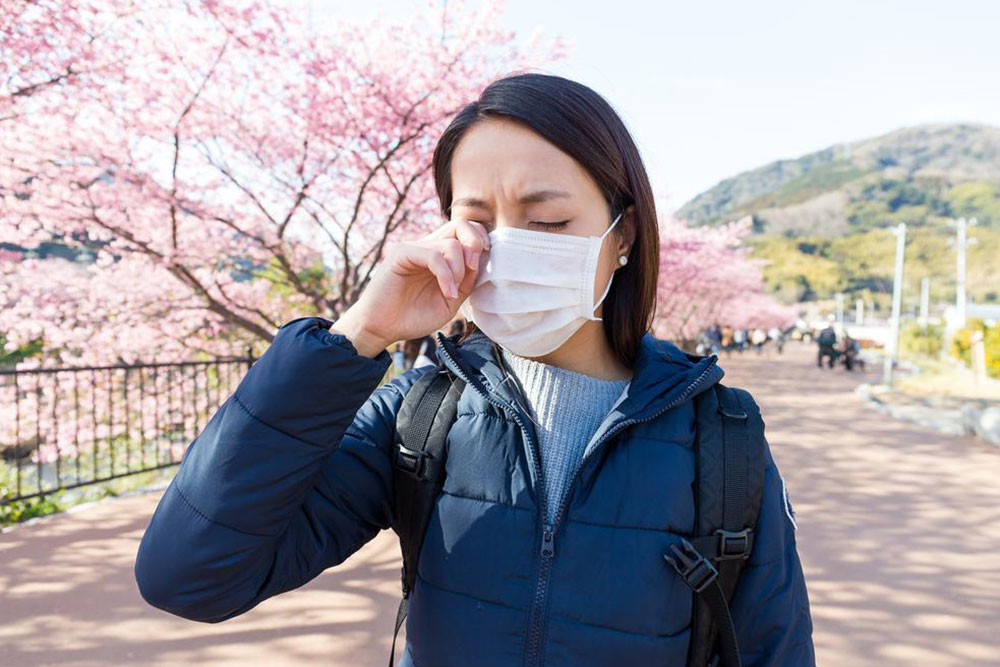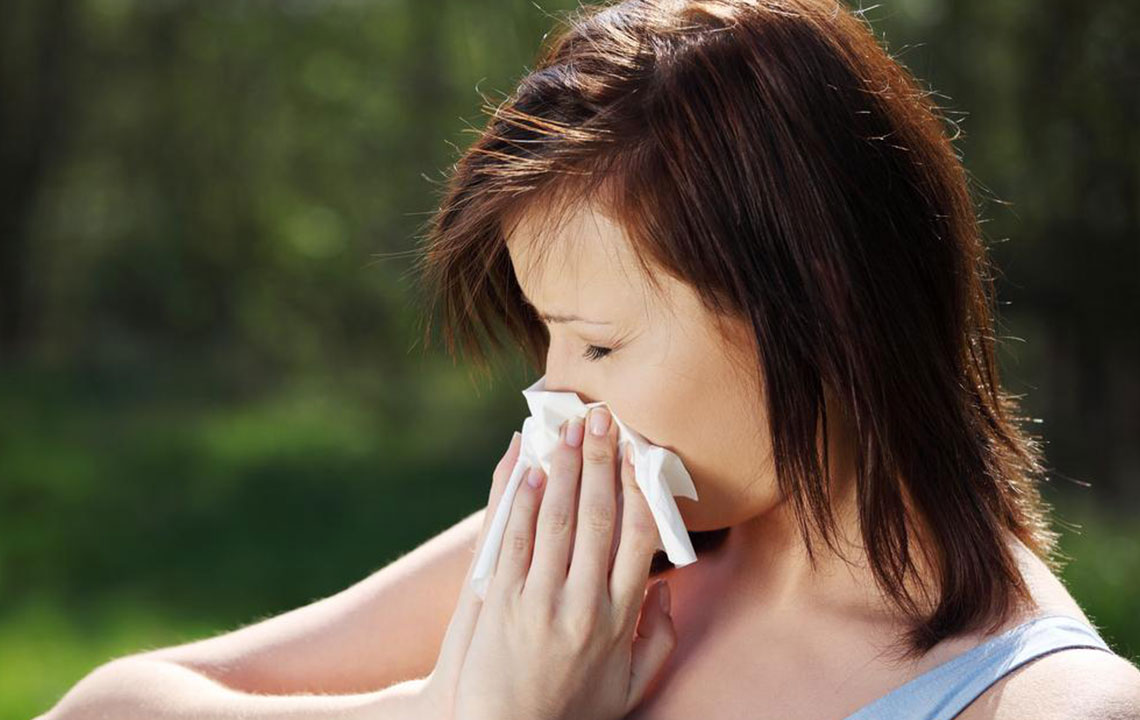Effective Strategies to Prevent and Treat Allergic Cough
Learn effective methods to prevent and treat allergic coughs through lifestyle modifications, natural remedies, and appropriate medications. These strategies help reduce allergy symptoms and improve respiratory health naturally and safely.

Effective Strategies to Prevent and Treat Allergic Cough
Persistent coughing can be troublesome, leading to muscle strain and persistent cold symptoms. Allergic coughs stem from various factors including acid reflux, allergens, dry air, smoking, and asthma. Long-term use of medications for conditions like hypertension, diabetes, or allergies can also induce cough. Most sufferers turn to over-the-counter remedies, but lifestyle changes and herbal treatments can be equally effective in alleviating allergic symptoms.
Here are some proven methods to manage and reduce allergic coughs:
Maintain Hydration
Cold or flu infections cause postnasal drip, worsening cough. Drinking plenty of fluids thins mucus, keeping nasal passages moist. Staying hydrated is especially vital during dry winter months.
Warm Beverages and Lozenges
Warm teas with honey soothe sore throats. Menthol-based cough syrups numb the throat, and hot drinks help suppress cough reflexes.
Avoid Pollutants
Exposure to smoke, perfumes, and sprays worsens air quality and aggravates sinus irritation, increasing mucus production. Smokers should quit to prevent further airway damage.
Use Humidifiers
Humidifiers add moisture to dry air, relieving nasal dryness and reducing allergy-related coughs. Regular cleaning prevents bacteria and mold buildup.
Steam Sessions
Taking hot showers helps loosen nasal secretions and offers quick relief from congestion and coughs, also providing protection against allergens and colds.
Medications can also effectively treat allergic coughs:
Decongestants
These reduce nasal swelling and mucus production. Common options include phenylephrine and pseudoephedrine, available as sprays, tablets, or liquids. Use for only 2-3 days to prevent dryness and other side effects.
Expectorants
Medications like guaifenesin help loosen phlegm, especially effective at night for restful sleep. Cough suppressants like dextromethorphan also provide symptom relief.
Natural Home Remedies
Besides medicines, simple kitchen remedies provide relief. They include:
Nettle-Peppermint Tea
Steep dried peppermint and nettle leaves in boiling water for 15 minutes, add honey, and drink twice daily. The flavonoid compounds in peppermint help reduce inflammation and allergic symptoms.
Citrus Juice
Mix fresh lemon and orange juice with honey and ice. Drinking this daily boosts vitamin C, strengthens immunity, and prevents allergy flare-ups.
Red Onion Infusion
Slice a red onion, soak in water for 10-12 hours, refrigerate, then add honey and drink twice daily. Quercetin in onions fights allergies by reducing histamine release.
Apple-Walnut Mix
Blend chopped apples with walnuts and optional dried cherries or mustard seeds. Walnuts contain anti-allergy compounds, and apples' quercetin curbs histamine production, alleviating itching and sneezing.
Applying these strategies can effectively manage allergic coughs, targeting root causes to reduce irritation, inflammation, and mucus buildup caused by allergies.
Note:
The information shared aims to provide practical insights across health topics. While the content is based on research, it is not a substitute for professional medical advice. Users should consult healthcare providers for personalized treatment and be aware that products or treatments may vary in availability and effectiveness.










